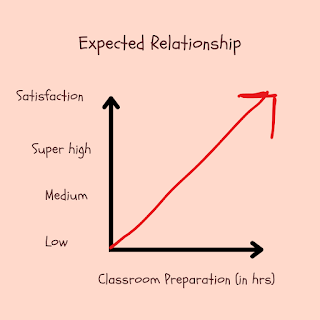Seven Strategies for Autonomy Supportive Teaching in College
Autonomy-supportive teaching is an approach to classroom facilitation informed by self-determination theory psychologists. SDT is the newest and most exciting (and most promising) branch of motivation psychology, and it stems from the work of psychologists Edward Deci and Richard Ryan, which started in the 1970s (so, beginning some 15 years before I was born, it is hardly new ). SDT practitioners understand that humans are motivated by more than physiological needs for food and water and so on--without which they die; humans are also motivated by psychological needs --without which they do not flourish. Therefore SDT teachers and therapists and so forth are interested in the flourishing of their students, clients, etc. The root of this flourishing is found right in its name: Self-Determination . Humans are happiest and most fulfilled when they feel self-directed. The opposite of this, which makes humans feel indifferent or bored or frustrated, is feeling controlled. To use the analogy



